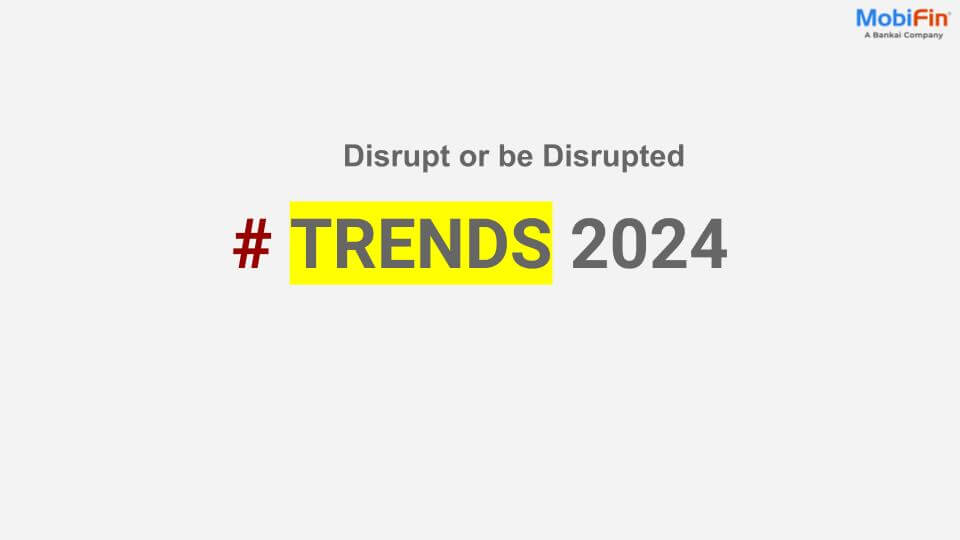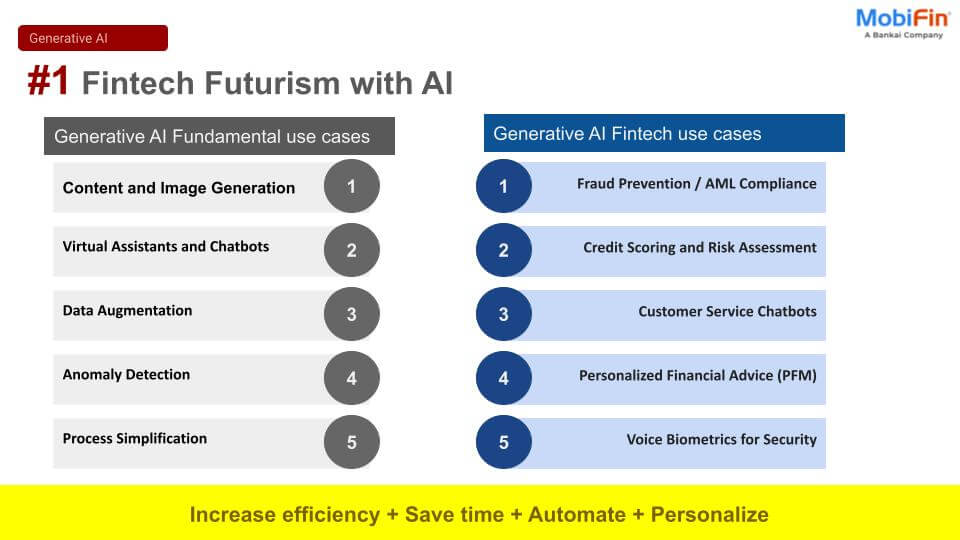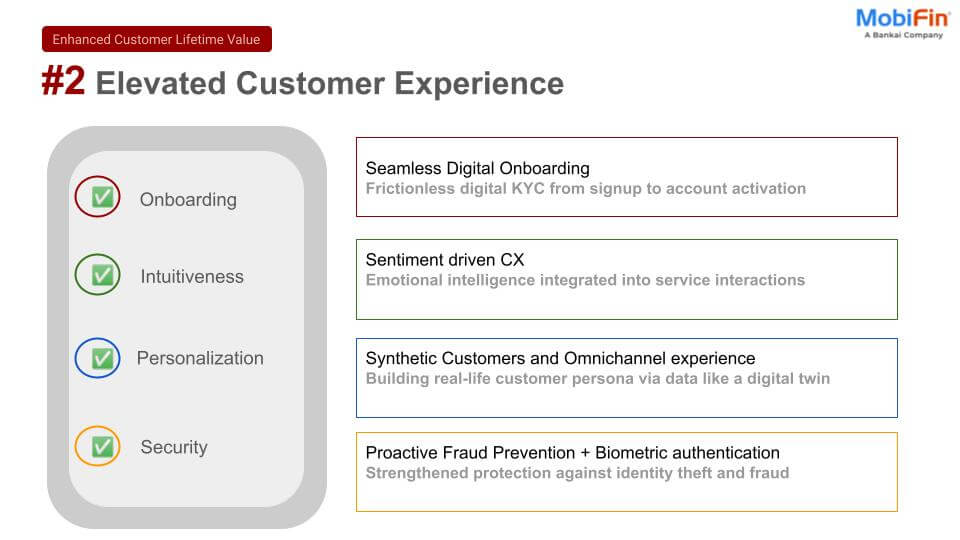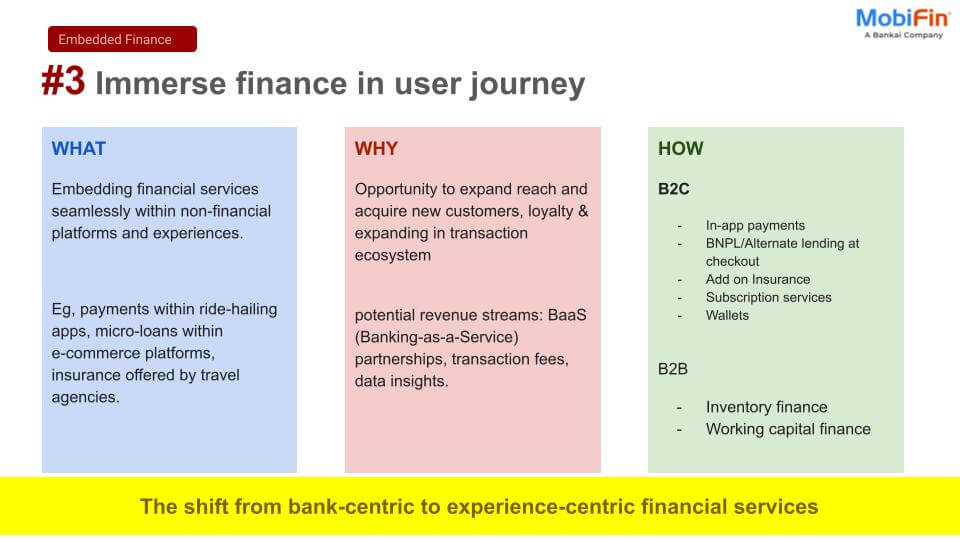In the face of such challenges, agency banking has emerged as a growth engine for Africa’s financial ecosystem. By leveraging existing networks of local businesses and entrepreneurs as banking agents, agency banking solutions expands the reach of financial services beyond physical bank branches. This approach not only addresses logistical and cost barriers but also brings banking services within the reach of underserved communities, where they live and work.
As we delve deep into the role of agency banking in advancing financial inclusion across Africa, we will examine key factors.
In this blog, we will be assessing the strategic benefits of agency banking, key challenges in financial inclusion, technological innovations, and future prospects for sustainable growth.
Assessing Financial Inclusion in Africa
Financial inclusion in Africa is undergoing a transformational shift fueled by the growing use of agency banking solutions and technological innovation. These represent a big step toward more inclusive financial systems, with mobile technology and vast agent networks playing critical roles in closing the gap between formal financial services and underprivileged people. Despite these advances, substantial gaps continue, especially in distant places where traditional banking infrastructure is limited.
The financial inclusion scenario can be summarized on three major fronts:
Adoption of Mobile Banking Solutions
The development of mobile banking solutions has been a key component of financial inclusion in Africa, allowing for better access to banking services, particularly in financially excluded communities.
Growth of Agency Banking Models
The success of agency banking models has been a growth engine to boost financial inclusion by leveraging local agent networks and lowering access barriers in rural and remote areas.
Status of Rural Access
Despite improvements, obstacles in expanding financial services to rural and distant areas persist, emphasizing the continuous need for new solutions, such as agency banking, to address these gaps successfully.
Strategic Benefits of Agency Banking
Expanding Reach to Underserved Populations
Agency banking solutions enable local agents to bring financial services to the rural and underserved communities. Banks can reach beyond urban areas and physical branch networks by leveraging the agents’ community networks. This approach not only improves financial inclusion but also boosts economic activity in underserved areas.
Reducing Operational Costs
Agency banking is a less expensive option than opening and operating traditional bank offices. Banks can drastically cut operational costs related to infrastructure and manpower by using local businesses and individuals as agents. These cost savings can be reinvested to strengthen bank service offerings and improve the quality of financial services provided through agency banking channels.
Enhancing Customer Experience
Agency banking improves the customer experience by bringing financial services closer to people’s homes and workplaces. Customers can carry out transactions with local agents, avoiding the need for long travels to physical bank branches. Such convenience is especially useful in underserved locations where access to formal financial services has traditionally been limited.
Key Challenges and Mitigation Strategies
Infrastructure and Connectivity Issues
One key problem for agency banking in Africa is unstable connectivity in remote regions. Banks must invest in strong technical solutions and collaborate with telecom carriers to overcome this. They can improve network coverage and dependability to provide seamless transaction processing and data protection, expanding agency banking services’ reach.
Ensuring Security and Building Trust
Security is a critical consideration in agency banking operations. To safeguard customer data and transactions, banks must put in place strict security procedures and protocols. Building trust with customers and agents is equally important, necessitating transparency and educating stakeholders about fraud prevention and security standards.
Empowering Local Agents with Agent Network Training and Support
Agency banking’s effectiveness is determined by the expertise and dependability of local agents. Banks should focus on comprehensive training programs and continuing assistance for agents to ensure they have the requisite skills and proficiency. Continuous training and support empower agents to provide quality services to improves overall customer experience and operational efficiency.
Technological Innovations Driving Agency Banking
Enhancing Access and Convenience with Mobile Technology
Mobile technology is the key to increasing the reach of agency banking services across Africa. Customers can use mobile banking apps and USSD codes to make transactions quickly and easily, removing the need for physical banking infrastructure. This accessibility promotes financial inclusion and gives customers greater control over their funds.
Using Data Analytics to Optimize Service Delivery
Banks can gain important insights into the behavior and preferences of their customers through data analytics. They can customize their service offerings to suit evolving needs by analyzing transaction patterns and customer input. This data-driven approach improves service quality and client experience, increasing the adoption and usage of agency banking solutions.
Integrating Blockchain Technology for Security
Strong security characteristics of blockchain technology can improve the transparency and integrity of financial transactions in agency banking. Banks can reduce fraud risks and increase customer and agent confidence with blockchain’s decentralized ledger and cryptographic protocols. The potential of blockchain technology to secure transactions leads to operational resilience and trust in agency banking operations.
Africa’s Agency Banking Future Outlook
Agency banking in Africa looks to have a bright future as banks adopt new collaborations and methods that will likely lead to further growth. Agency banking projects have the potential to significantly advance financial inclusion by bridging gaps and empowering people in the continent.
Effective agency banking growth requires collaboration with telcos, fintech companies, and local businesses. These strategic collaborations give banks access to key resources and insights, which speed up the implementation of agency banking solutions. Banks can achieve sustainable growth and financial inclusion by cultivating collaborative ecosystems.
MobiFin Agency Banking Solution – Fueling Africa’s Growth Engine
Agency banking is a game-changing way to increase financial inclusion and boost economic growth in Africa. Banks can empower underprivileged groups by employing local agent networks, new technology, and smart collaborations to expand the reach of their financial services.
As Africa evolves, MobiFin aims to promote financial inclusion through its innovative agency banking solution. MobiFin has the potential to significantly increase financial inclusion in Africa, paving the road to wealth for millions of individuals and businesses who were previously excluded from conventional financial institutions.
Let’s transform agency banking in Africa. Schedule a call.













